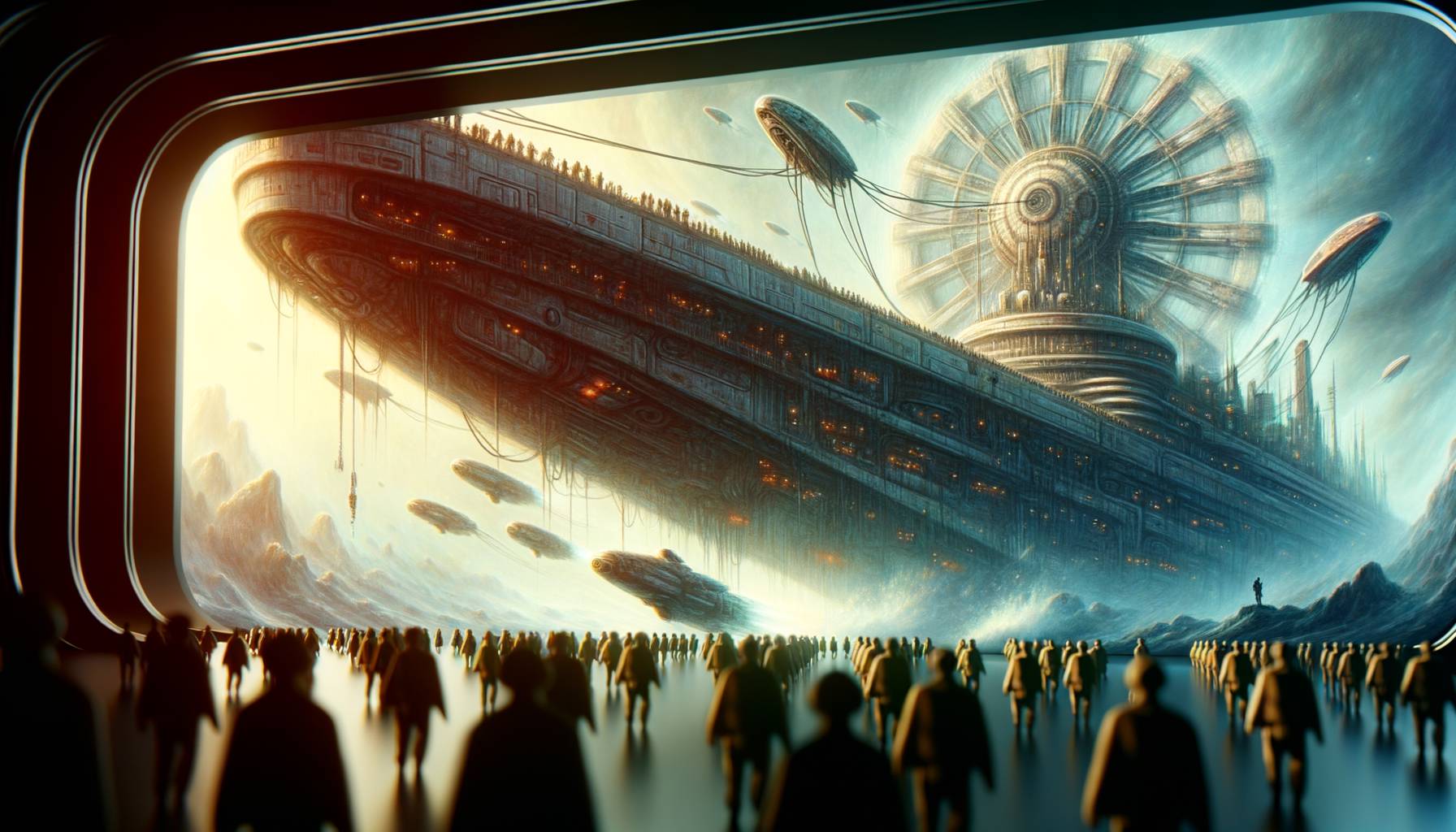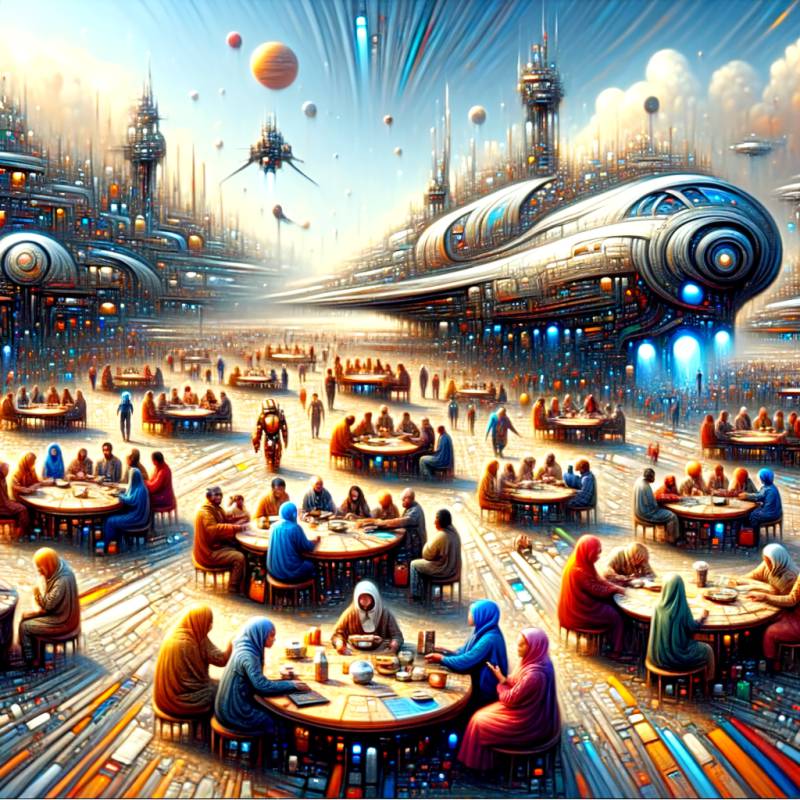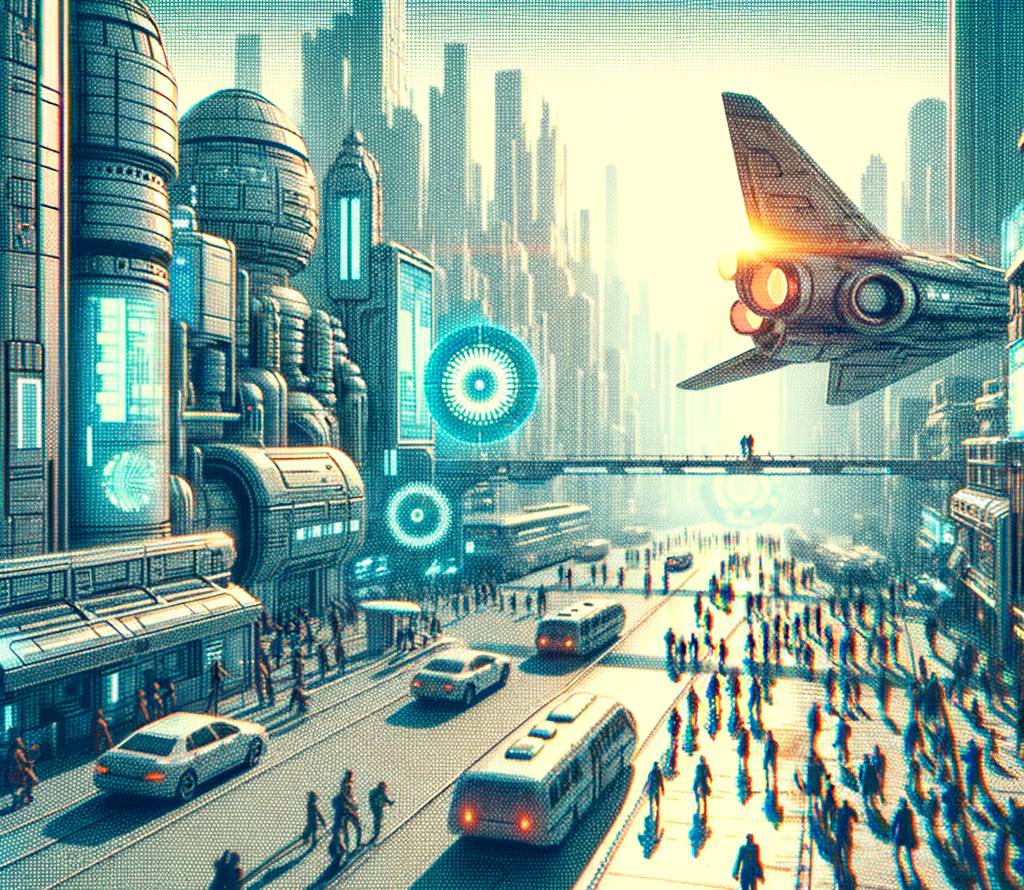Can Humans Really Survive on a Generation Ship?

One of the most enduring themes in science fiction is the concept of the generation ship. This is a spacecraft designed to support human life for centuries or even millennia, allowing its passengers to live and die aboard the ship while their descendants continue the journey to a distant star. But is such a concept feasible? Can humans really survive on a generation ship?
The Concept of a Generation Ship
The idea of a generation ship has been explored in numerous science fiction works, from Robert Heinlein’s “Universe” to the recent television series “Ascension”. These stories often focus on the social and psychological challenges of life aboard a generation ship, but they also raise important questions about the technological and biological feasibility of such a journey.
Technological Challenges
Building a generation ship would be an enormous technological challenge. The ship would need to be self-sustaining, capable of producing food and recycling waste for centuries. It would also need to be incredibly durable, able to withstand the rigors of space travel for an extended period of time.
As physicist and science fiction author Gregory Benford has noted, “The main problem with a generation ship is keeping all the machinery running for hundreds of years.”1 Even with advanced technology, the risk of mechanical failure over such a long time period is significant.
Biological Challenges
There are also significant biological challenges to consider. Over the course of a multi-generational journey, the ship’s population would need to maintain a stable gene pool. This could be difficult with a small initial population, leading to the risk of inbreeding and genetic disorders.
Furthermore, the ship’s inhabitants would need to maintain their health in a zero-gravity environment. Long-term exposure to zero gravity can lead to muscle atrophy and bone loss, among other health problems. As Dr. Jay Buckey, a former NASA astronaut and space medicine expert, has noted, “We still don’t fully understand the long-term effects of living in zero gravity.”2
Psychological Challenges
Finally, there are the psychological challenges of life aboard a generation ship. The inhabitants would be isolated from the rest of humanity, with no possibility of return. This could lead to a range of psychological issues, from depression to a breakdown in social order.
As depicted in the science fiction novel “Non-Stop” by Brian Aldiss, the psychological strain of life aboard a generation ship could potentially lead to a complete breakdown of society.3
Conclusion
While the concept of a generation ship is a fascinating one, the challenges of such a journey are immense. From technological and biological hurdles to psychological strains, the feasibility of a generation ship remains uncertain. However, as our understanding of technology and biology advances, the dream of a generation ship may one day become a reality.
As science fiction continues to explore this concept, it serves as a reminder of the human capacity for innovation and the enduring dream of exploring the stars.
Footnotes
- Gregory Benford, interview with the author, 2015.
- Dr. Jay Buckey, “Space Physiology,” Oxford University Press, 2006.
- Brian Aldiss, “Non-Stop,” Faber and Faber, 1958.



